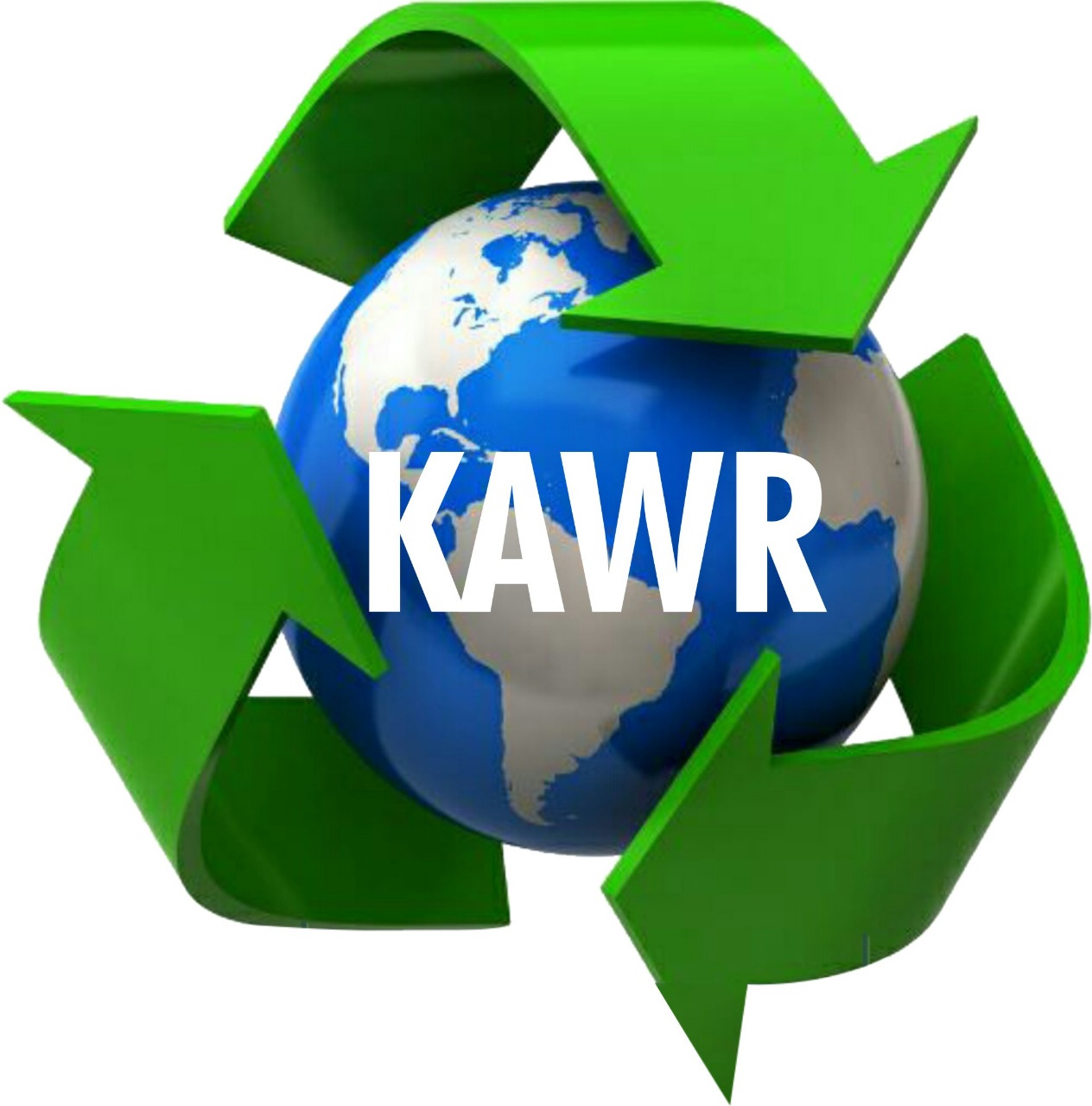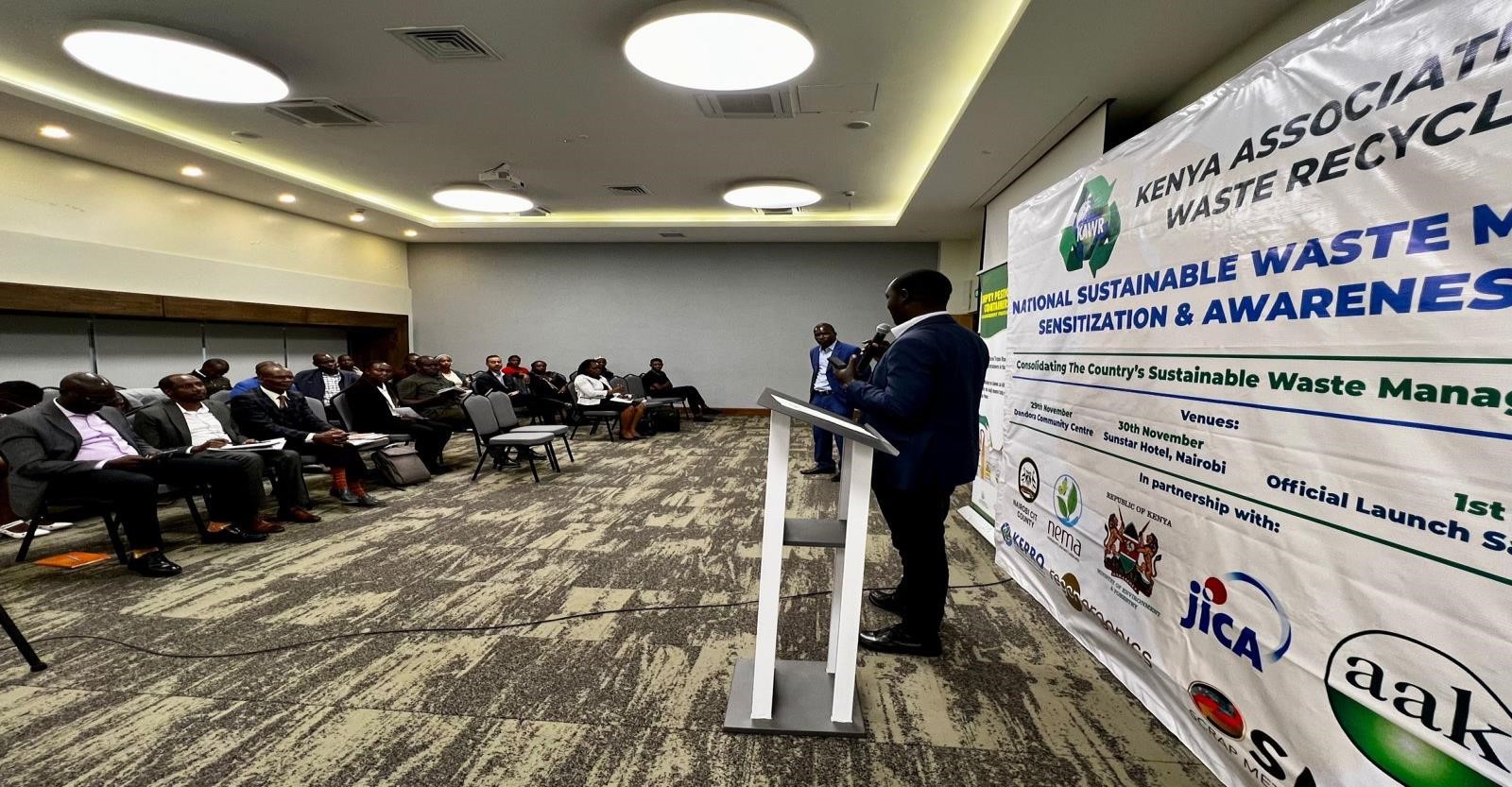Kenya stands at a pivotal moment in its waste management journey, with the introduction of Extended Producer Responsibility (EPR) poised to revolutionize how products are managed at their end-of-life stage. The recent mandate by regulators for producers to present their EPR plans signifies a significant shift towards a more sustainable and accountable approach to waste management. However, amidst this transition, it’s crucial to ensure that no one is left behind, particularly the informal sector players who contribute massively to Kenya’s waste management landscape. In this article, we’ll explore the implications of embracing EPR while advocating for the inclusion and fair treatment of informal sector workers who form the backbone of Kenya’s waste management ecosystem.
EPR is a principle that holds producers accountable for the entire lifecycle of their products, including their disposal. It encourages producers to take responsibility for the environmental impacts of their products and implement strategies to minimize waste generation, promote recycling, and ensure proper disposal. By shifting the burden of waste management from taxpayers and municipalities to producers, EPR incentivizes product redesign, recycling infrastructure development, and consumer education.
Implementing mandatory EPR plans marks a significant milestone in Kenya’s waste management framework. Regulators now require producers to demonstrate their preparedness in extending responsibility for their products beyond the point of sale. This move aligns with global trends towards sustainable production and consumption and underscores Kenya’s commitment to environmental stewardship.
While the implementation of EPR presents challenges, such as increased compliance costs and logistical complexities, it also offers numerous opportunities for innovation and collaboration. Producers can leverage EPR as a driver for product innovation, waste reduction, and resource efficiency. Additionally, EPR fosters partnerships between producers, recyclers, and waste management stakeholders, leading to a more integrated and efficient waste management ecosystem.
Despite their informal status, waste pickers(reclaimers), recyclers, and small-scale waste management entrepreneurs play a crucial role in Kenya’s waste management landscape. These individuals and small businesses operate at the grassroots level, collecting, sorting, and recycling waste from households, businesses, and public spaces. Their efforts not only prevent valuable resources from ending up in landfills but also contribute to local economic development and poverty alleviation.
As Kenya transitions to EPR, there’s a risk of marginalizing informal sector players who lack formal recognition and access to support mechanisms. Many waste pickers and recyclers rely solely on income generated from collecting and selling recyclable materials. Any disruption to their livelihoods could have devastating consequences for their well-being and that of their families. Thus, it’s imperative to ensure that the transition to EPR is inclusive and equitable, leaving no one behind.
Recognizing the invaluable contribution of the informal sector, it’s essential to develop mechanisms for compensating these workers fairly during the transition to EPR. Producers, regulators, and other stakeholders must collaborate to establish compensation frameworks that acknowledge the economic value of the services provided by informal sector players. This could include direct financial support, access to training and capacity-building programs, and opportunities for formal employment within the waste management sector.
To ensure that compensation reaches those who need it most, sound structures for financial traceability, accountability, and transparency must be put in place. This requires establishing clear guidelines for fund allocation, monitoring mechanisms to track the flow of resources, and transparent reporting mechanisms to ensure that funds are used effectively and equitably. By fostering trust and accountability, these structures can enhance the integrity of the compensation process and promote social equity.
In acknowledging the essential role of the informal sector, we must also commend the formal private sector for its indispensable contributions to Kenya’s waste management sector. Without their investments, i壯陽藥
nnovations, and commitment to sustainable practices, the market dynamics that enable the informal sector’s activities would not exist. The formal private sector plays a pivotal role in the waste management value chain, providing crucial infrastructure, technology, and expertise that support recycling initiatives, waste collection systems, and environmental conservation efforts. Their involvement not only creates employment opportunities but also drives efficiency and quality standards within the industry. Thus, as we navigate the transition to Extended Producer Responsibility (EPR) and prioritize inclusivity, it’s vital to recognize and foster partnerships between the formal private sector and informal stakeholders, leveraging each other’s strengths to build a more resilient and sustainable waste management ecosystem.
As Kenya embraces Extended Producer Responsibility (EPR) to revolutionize waste management, it’s crucial to recognize and empower the informal sector players who form the backbone of the country’s waste management landscape. By including these unsung heroes in the transition to EPR, addressing their needs, and ensuring their fair compensation and recognition, Kenya can build a more inclusive and sustainable waste management system that leaves no one behind. This commitment to social equity, environmental stewardship, and collaborative partnerships will not only benefit informal sector workers but also contribute to the overall resilience and prosperity of Kenyan society.
Richard Kainika
Nairobi 2024

